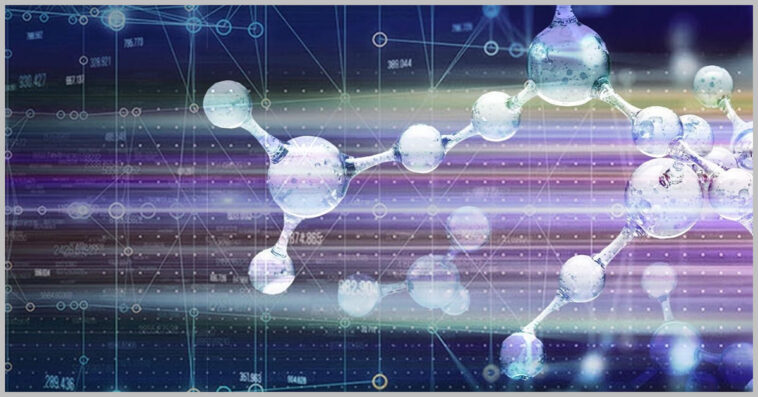Microsoft, Micron Technology and Pacific Northwest National Laboratory are partnering on the two-year Transferring Exascale Computational Chemistry to Cloud Computing Environment and Emerging Hardware Technologies project.
TEC4 aims to make computational chemistry more accessible to greater numbers of researchers and practitioners, effectively providing computational chemistry as a service, PNNL said Wednesday.
According to the American Chemical Society, computational chemistry involves the creation of simulations and the use of statistical analysis methods to investigate questions in chemical research.
Such investigations are powered by high-performance computing, which, PNNL notes, is found only in a few facilities.
Under TEC4, the required computational power will be provided via cloud using Microsoft’s Azure Quantum Elements. For its part, Micron will use its Compute Express Link-based memory expansion modules to enable the manipulation of large datasets.
The project will also see participation from other partners, including Lawrence Berkeley National Lab, Louisiana State University and the University of Texas at El Paso.
The Department of Energy will provide up to $8 million in funding for the effort.





